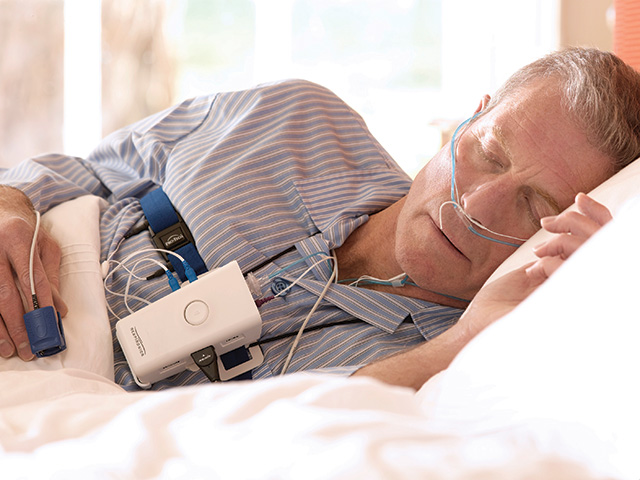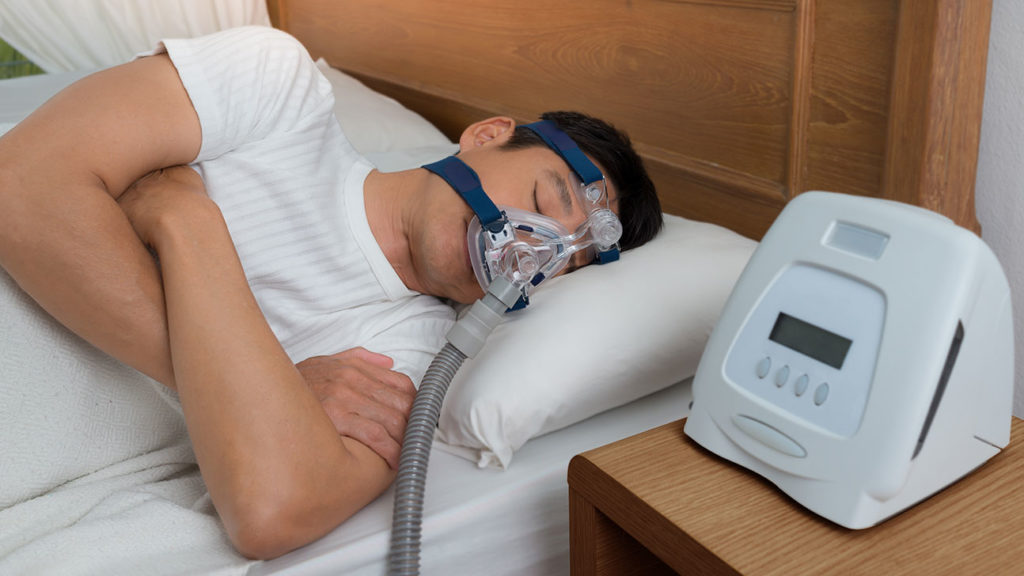A study conducted in 2019 has revealed that one in two men and one in five women in Greece are believed to have sleep apnea syndrome, with that number expected to increase in the next 30 years.
According to Health Direct Australia, sleep apnea occurs when a person’s throat is partly or completely blocked while they are asleep, causing them to stop breathing. Their breathing can stop for anywhere between a few and 90 seconds, and they wake briefly. The sufferer is often unaware of it happening, but will wake feeling tired.
Constantin Soldatos, professor of psychiatry and honorary president of the Hellenic Sleep Research Society, and Anastasia Amfilochiou, pulmonologist and director of the Sleep Study Unit at the Sismanogleio Hospital in Athens, presented on Wednesday an online lecture showing relevant data on the commonness of sleep apnea in Greece.

The lecture, presented by the American College of Greece and titled “Sleep Apnea Syndrome: A Clinical Entity Underestimated and Underdiagnosed,” pointed to evidence from a 2008 epidemiological study in Greece, which showed that up to 7% of men and up to 5% of women suffered from this syndrome.
The professor and pulmonologist also pointed to a study conducted more recently in 2019, which showed more alarming percentages of 50% for men and 18% and women. The syndrome was described as reaching a “pandemic” by 2050 in men aged 40 to 60 from Amfilochiou, who said it is related to an increase in obesity, but also other factors.
Sleep apnoea can affect anyone, but is more common in people who are middle aged or older, who snore, who are above a healthy weight and who have sleep apnoea in the family. Evidence shows that people with untreated moderate to severe sleep apnoea are more likely to have high blood pressure and other cardiovascular disease.

